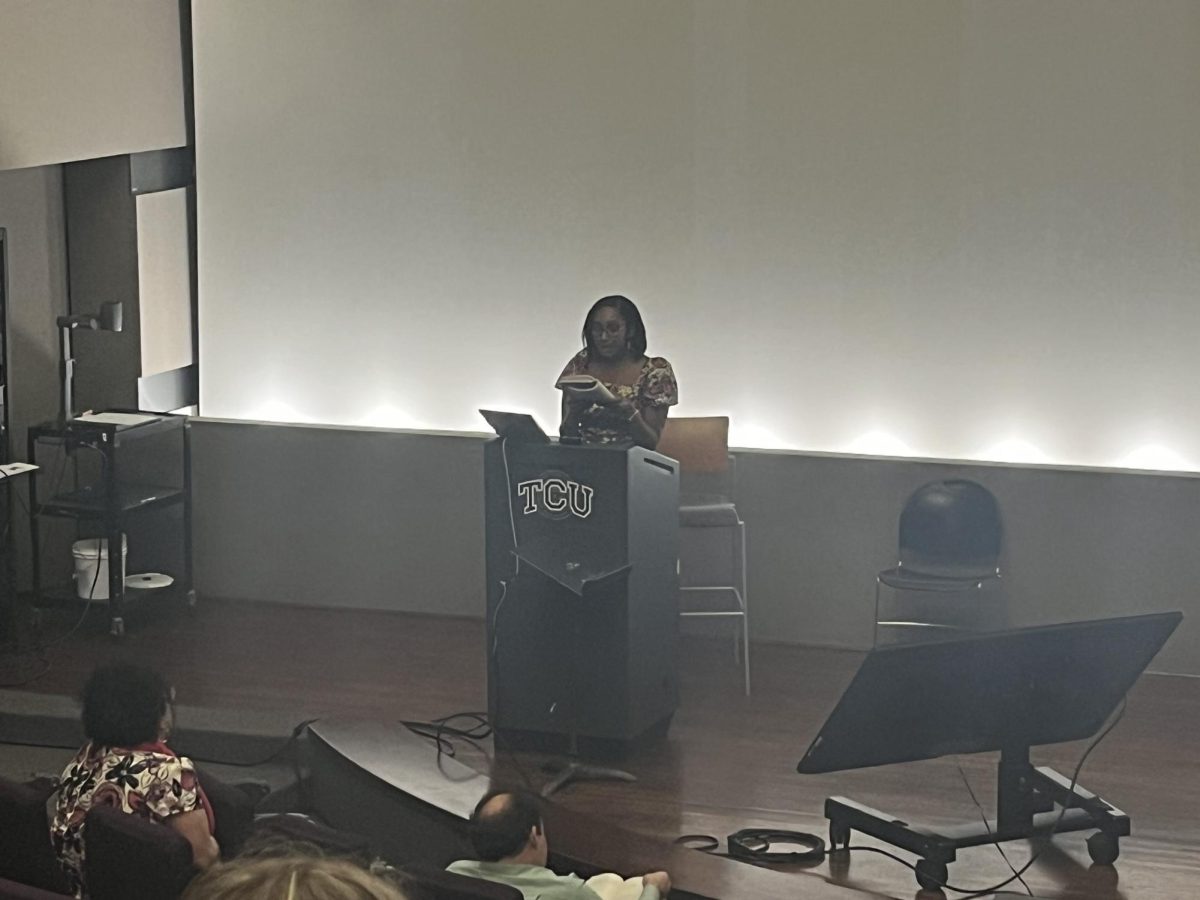I am a reformed downloader. I’m one of the original Napster downloaders delighted with the idea of having access to millions of songs without having to pay a cent. In the good ol’ days I was on Napster constantly – until it became public that Napster was “evil.”
Not giving up on my dream of having unlimited music for free, I went through a slew of other programs: Morpheus, Kazaa, LimeWire, you name it, I had it.
When I started off with downloading, I was innocent. I had no idea how to burn my songs onto a CD, nor did I have any idea that I could rip CDs onto the computer. I could completely empathize with the mother of a friend who, upon hearing that her daughter had “ripped” a CD, responded with, “Did you mean to?”
Now that I’m older, and supposedly wiser, I’ve moved on to burning CDs and putting playlists on my iPod. So, accordingly, I’ve landed on iTunes.
At first, I thought iTunes was amazing. It contains more than 1.5 million songs to choose from, plus the added attraction of being able to spy on my friends’ playlists and make fun of their music.
After about six months of iTunes-ness, however, I’ve come to a conclusion: I hate iTunes more than I hate 8 a.m. math classes (and I hate 8 a.m. math classes a lot).
Because I care more about ethics today than I did five years ago, I recently decided to start buying my music. Ninety-nine cents a song isn’t unreasonable it eases my conscience and I don’t have to live in fear of Metallica coming to my house and punching me in the face for downloading one of their songs.
However, iTunes is very misleading.
Besides having to pay money for the songs that Napster would’ve given me for free, iTunes places restrictions on what I can do with the music that I bought.
If I’m going to pay a dollar for one measly song, I want to be able to burn it on as many CDs as possible, instead of being limited to the low number of CDs and playlists to which the Fair Play encryption, used by iTunes, limits me. Thanks for the generosity, iTunes.
I can understand iTunes being suspicious of my motives. I’m a 20-year-old broke college student, and if I were to download the new Deathcab for Cutie CD and then burn it onto 100 CDs and sell them for $5 each, I’d make a good amount of money (not that I endorse that kind of behavior).
iTunes, however, needs to step it up.
iTunes doesn’t even carry the songs of the lesser-known bands who are hit the hardest by free downloading. The songs that it contains are songs by big-name artists like Green Day and Gwen Stefani. Bands like that make millions of dollars; are they really going to suffer if I pay 50 cents for a song instead of a dollar and burn it onto (gasp!) eight playlists?
And now, as a further injustice, record companies are threatening to drive up prices on iTunes to as high as $1.49, according to The New York Times.
If the record companies expect us to actually pay that kind of money for a single piece of music, they need to be more empathic to what we’re going to do with it. Don’t charge me for a song and then tell me what to do with it.
Don’t get me wrong, I’ll still be on iTunes – mostly just to spy on my friends and make fun of their music. Will I still buy my music from iTunes? Yeah, probably. But I won’t be happy about it, and the second I find another Napster, iTunes will simply be another program deleted from my computer.
Maybe I’m not quite as reformed as I thought.
Kelsey Hasler is a junior early childhood education major from Arlington.





